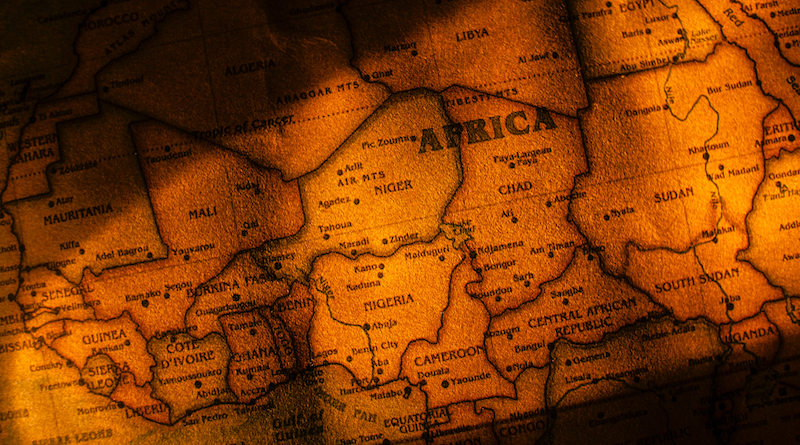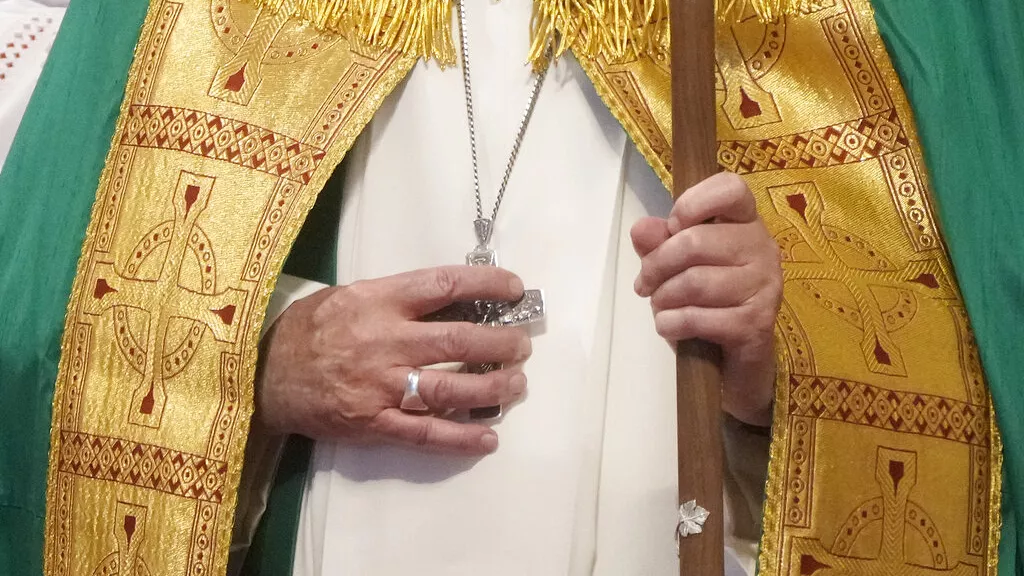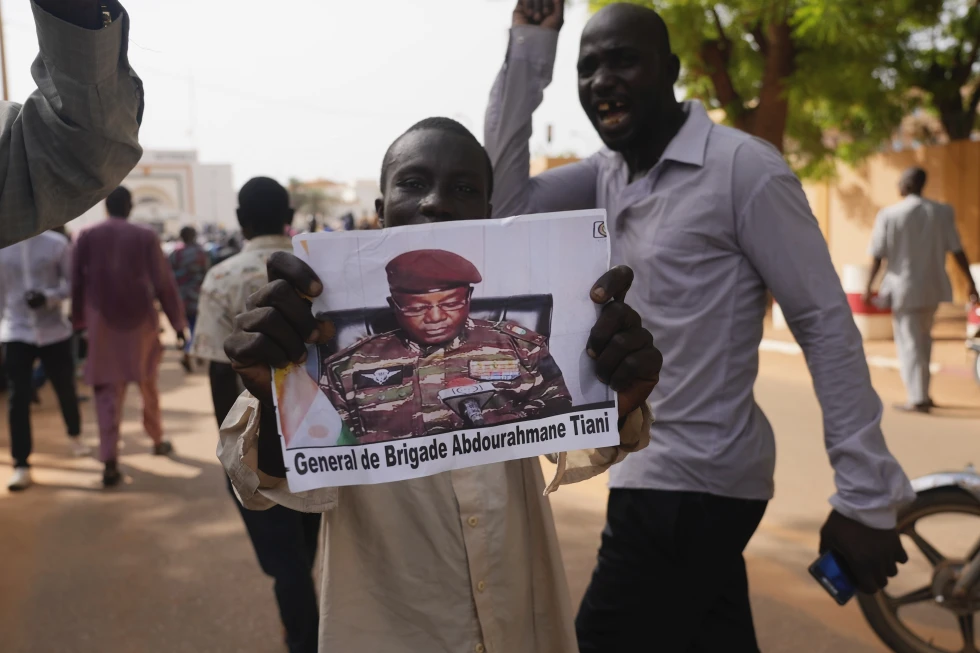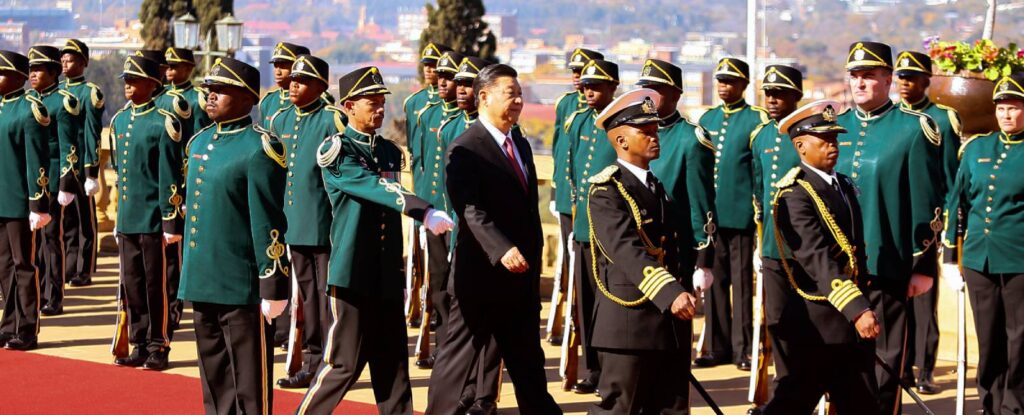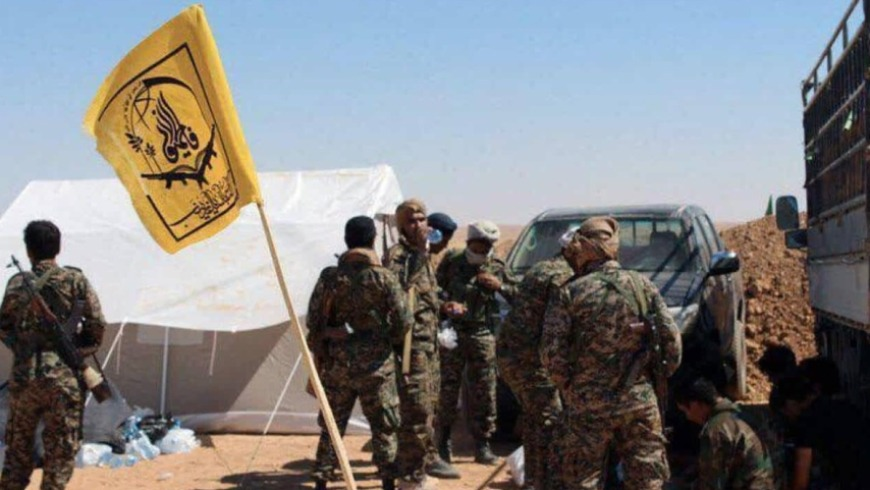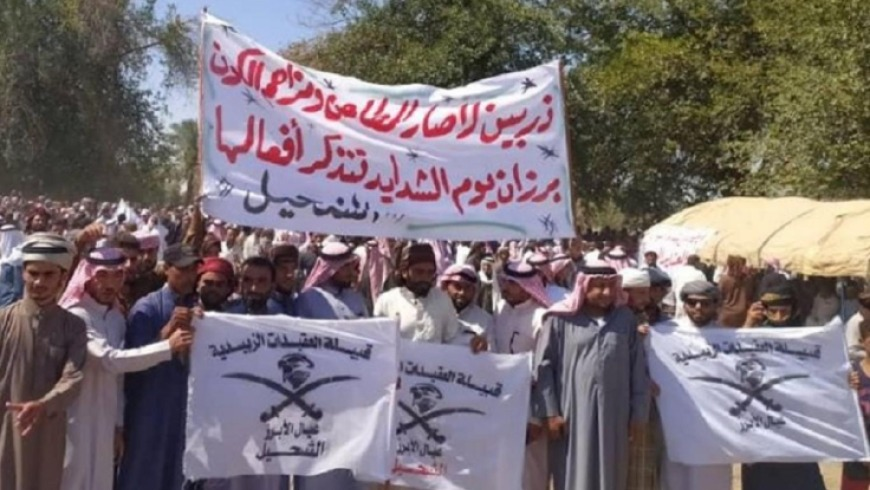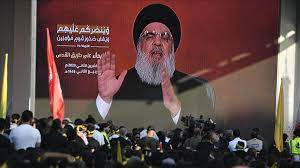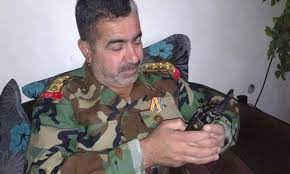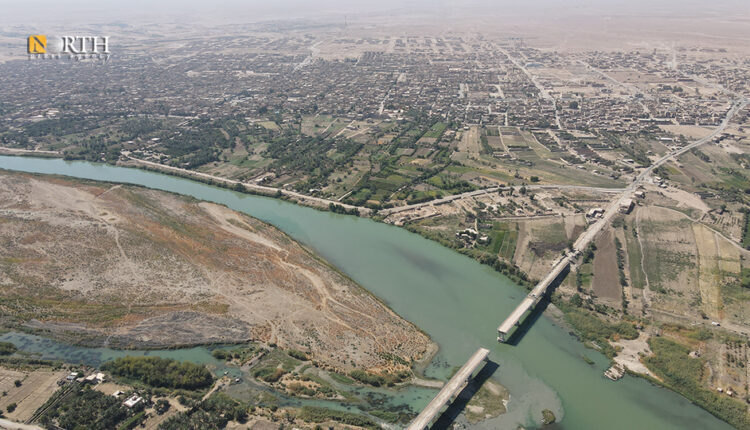The Islamic World’s Dilemma On Palestine – OpEd

Ever wondered why the Islamic world appears divided on the issue of Palestine? To unravel this intricate dilemma, I’ve integrated three levels of foreign policy analysis with the constructivist perspective of international relations. The three levels involve examining internal factors such as political structures, leadership dynamics, and public sentiment, providing insights into how these elements shape a nation’s approach to foreign policy.

